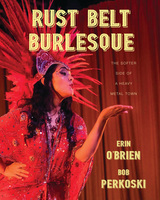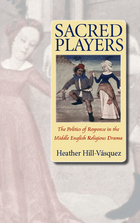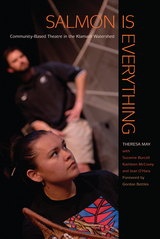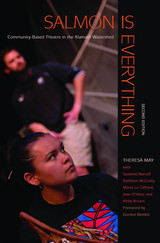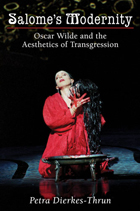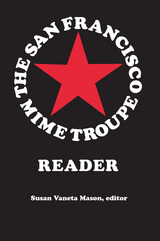The Invention of Order: On the Coloniality of Space
Duke University Press, 2025
Cloth: 978-1-4780-2942-7 | Paper: 978-1-4780-3287-8 | eISBN: 978-1-4780-6162-5 (standard)
See other books on: Caribbean & Latin American Studies | Colonialism & Post-Colonialism | History & Theory | Invention | Order
See other titles from Duke University Press
Cloth: 978-1-4780-2942-7 | Paper: 978-1-4780-3287-8 | eISBN: 978-1-4780-6162-5 (standard)
ABOUT THIS BOOK | AUTHOR BIOGRAPHY | REVIEWS | TOC
ABOUT THIS BOOK
In The Invention of Order, Don Thomas Deere retraces the colonial origins of spatial organization in the Americas and the Caribbean and its lasting impact on modern structures of knowledge, power, race, gender as well as understandings of global modernity. The coloniality of space dispossessed Indigenous, African, and mixed populations as it constructed new systems of control and movement. Deere demonstrates how these developments manifested, among other forms, in urban grid patterns imposed during the development of Spanish colonial cities as well as totalizing trade routes crisscrossing the Atlantic. Drawing on a range of thinkers including Enrique Dussel, Édouard Glissant, and Sylvia Wynter, Deere reveals how movement—who travels, who settles, and who is excluded—becomes an essential component of control under colonial rule. Against the violence of spatial reordering, Deere outlines how novel forms of resistance and insurgency geographies still take hold, particularly in the Caribbean, where landscapes remain excessive, eruptive, and uncaptured by the order of modernity.
See other books on: Caribbean & Latin American Studies | Colonialism & Post-Colonialism | History & Theory | Invention | Order
See other titles from Duke University Press

